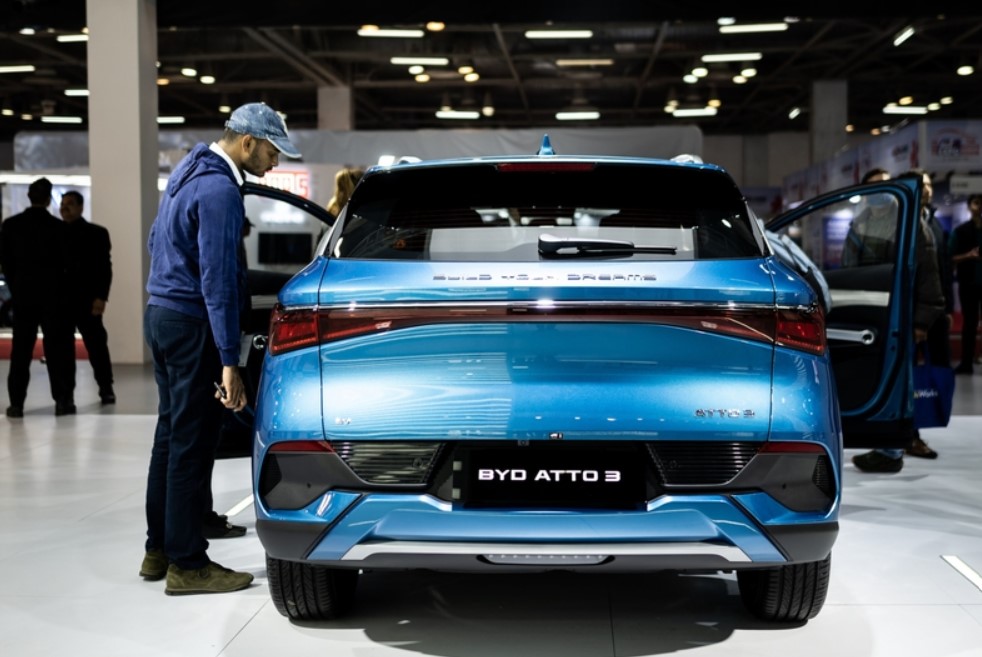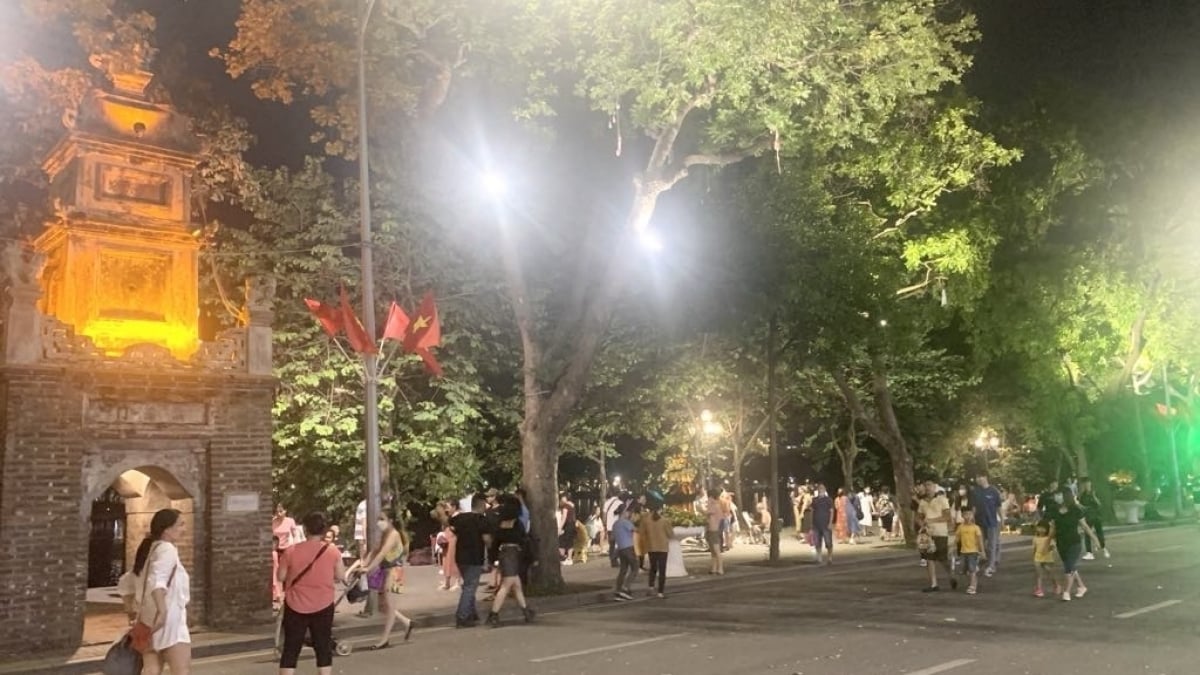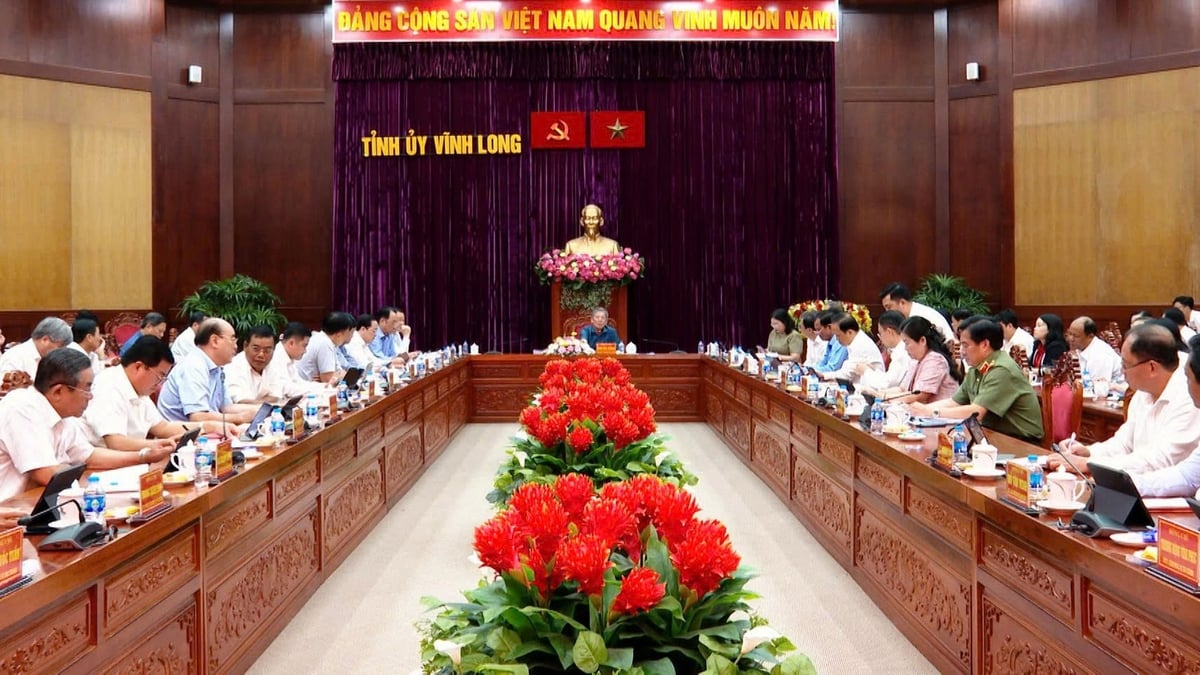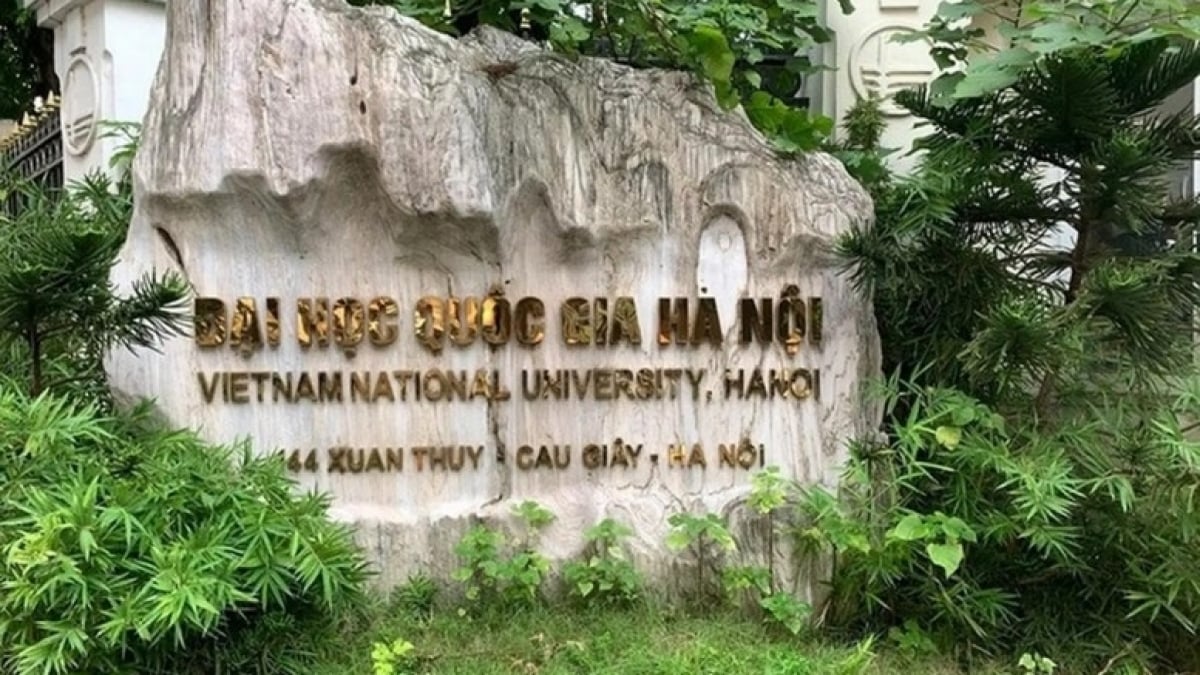The Indian government has rejected Chinese automaker BYD's proposal to set up a multibillion-dollar plant in the country in partnership with Hyderabad-based local firm Megha Engineering and Infrastructure.
With this partnership, BYD has planned to assemble or manufacture 10,000-15,000 electric cars annually in India.
India's rejection is a blow to the world's largest electric vehicle maker as it aims to set up manufacturing facilities to capture 40% of India's electric vehicle market by 2030.
BYD already sells two electric vehicles in India, the Atto 3 and E6. The automaker has also listed the BYD Seal EV on its India website, which is expected to go on sale in the country by the end of 2023 after being showcased at the Auto Expo 2023 in February.
The Chinese auto giant has planned to set up a manufacturing facility in India to produce electric cars and batteries to maintain competitive prices. BYD submitted a $1 billion investment proposal in early July to manufacture electric cars and batteries in India in partnership with a local company.

A BYD Atto 3 electric vehicle is displayed at the India Auto Expo in Noida, Uttar Pradesh, India, January 13, 2023. Photo: autonews.com
India's Ministry of Commerce, Department for Promotion of Industry and Internal Trade (DPIIT) had sought comments from other agencies on this investment proposal by BYD, but later rejected it citing security concerns.
The Indian government's rejection of BYD's investment proposal comes at a time of growing geopolitical tensions between India and China, and the South Asian nation's concerns about foreign investment from some countries.
In recent years, there have been a number of geopolitical issues between India and China, ranging from border disputes to trade imbalances and security concerns. These factors have significantly influenced how the Indian government views and evaluates investments from Chinese companies.
National security is one of the most important considerations for any country and India is no exception. Given the sensitive nature of industries such as automobiles and battery manufacturing, which are strategically important and may be tied to critical infrastructure, the Indian government is particularly cautious about foreign investments in these sectors.
According to an Indian official, the country's current rules do not allow such investments from Chinese companies.
This is not the first time the Indian government has rejected an investment offer from a Chinese automaker.
Previously, another major Chinese automobile company, Great Wall Motor, had also planned to invest $1 billion in Maharashtra to manufacture cars in India. However, the company failed to get government approval after waiting for two and a half years and finally shelved the plan in July 2022 .
Nguyen Tuyet (According to Inventiva, SCMP, Hindustan Times)
Source























![[Photo] National Assembly Chairman Tran Thanh Man visits Vietnamese Heroic Mother Ta Thi Tran](https://vphoto.vietnam.vn/thumb/1200x675/vietnam/resource/IMAGE/2025/7/20/765c0bd057dd44ad83ab89fe0255b783)














































































Comment (0)